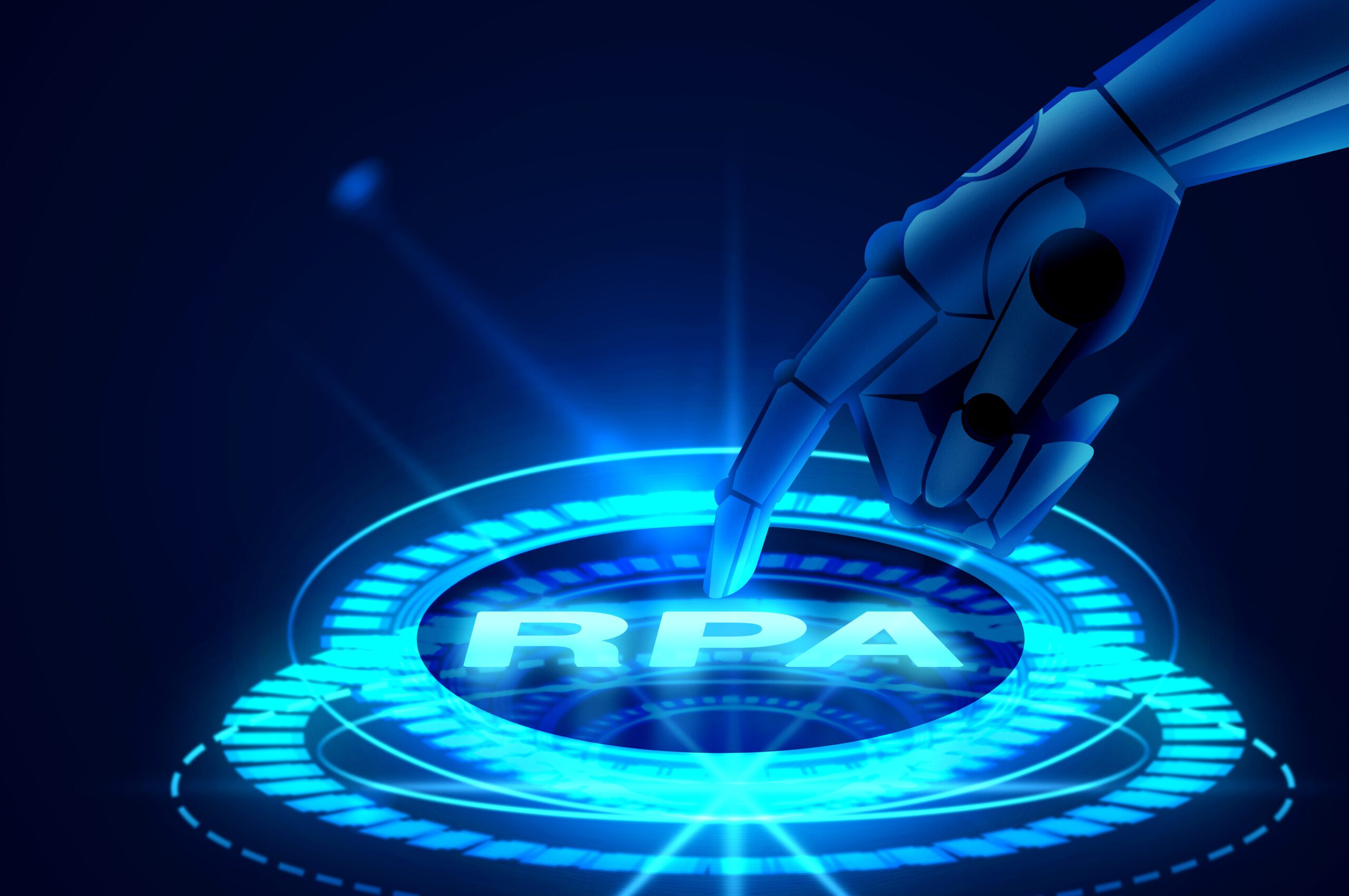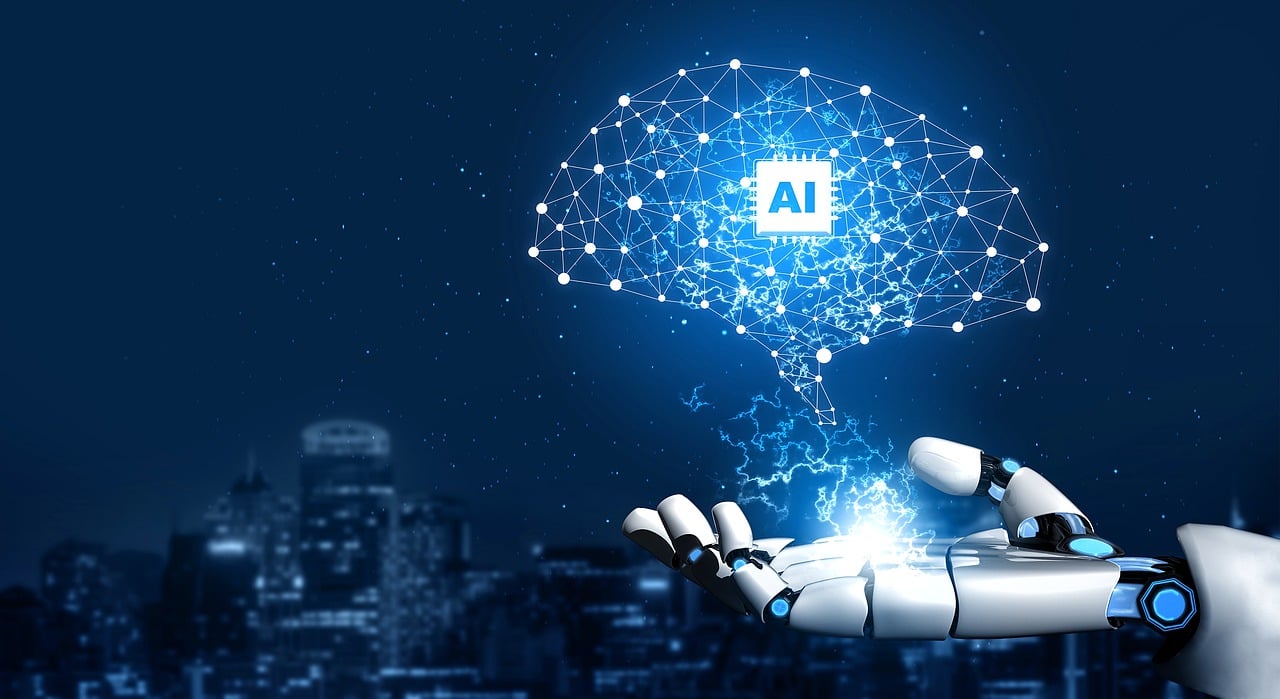In the ever-evolving landscape of technology, Artificial Intelligence (AI) stands out as a transformative force with the potential to reshape economies and labor markets across the globe. The discourse surrounding AI often veers into discussions about its potential to replace jobs, but a deeper analysis reveals its power to stimulate economic growth, create new industries, boost productivity through automation, enable innovative business models, and potentially generate new job opportunities in AI development and implementation.
AI: A Catalyst for Economic Growth
At its core, AI is a tool that amplifies human capabilities, enabling us to process vast amounts of data, recognize patterns, and make predictions at speeds and scales beyond human capacity. This technological prowess is a driving force behind the creation of new industries. From healthcare to finance, manufacturing to entertainment, AI applications are opening doors to entirely new sectors and services.
One of the most significant ways AI stimulates economic growth is through increased productivity. By automating routine tasks, AI frees up human workers to focus on higher-value, creative endeavors. This shift in focus leads to greater efficiency and innovation within businesses, ultimately driving economic expansion.
Automation: Enhancing Productivity and Efficiency
Automation, a key component of AI, has the potential to revolutionize industries by streamlining processes and reducing costs. In manufacturing, AI-powered robots can handle repetitive tasks with precision, leading to increased production rates and improved product quality. This efficiency not only benefits companies but also consumers through lower prices and better products.
Moreover, AI-driven automation extends beyond manufacturing. In the service sector, AI chatbots provide instant customer support, improving user experience and allowing businesses to handle inquiries around the clock. This level of responsiveness can lead to increased customer satisfaction and loyalty, driving growth in customer-centric industries.
Enabling New Business Models
AI’s impact on business models cannot be overstated. Traditional methods of operation are being reimagined as companies leverage AI to gain insights into consumer behavior, tailor personalized experiences, and optimize supply chains.
For instance, e-commerce giants utilize AI algorithms to recommend products based on individual preferences, leading to higher conversion rates and increased sales. Similarly, AI-powered predictive analytics help businesses forecast demand more accurately, reducing waste and optimizing inventory management.
Job Creation in AI Development and Implementation
Contrary to the fear of widespread job loss, AI has the potential to create new employment opportunities. The field of AI itself requires a skilled workforce for development, implementation, and maintenance of AI systems. Data scientists, machine learning engineers, AI ethicists, and cybersecurity experts are just a few examples of the roles emerging in response to the AI revolution.
Additionally, as AI continues to integrate into various industries, there is a growing demand for workers with AI-related skills. This includes professionals who can interpret and leverage AI-driven insights for strategic decision-making, as well as individuals capable of managing and optimizing AI systems within organizations.
AI and Reskilling: Addressing the Workforce Transition
While AI presents opportunities for job creation, it also necessitates a shift in the workforce’s skill set. To fully harness the benefits of AI, individuals and organizations must invest in reskilling and upskilling initiatives. This includes programs to train workers in AI technologies, data analysis, and other related fields.
Governments and educational institutions play a crucial role in facilitating this transition. By investing in education and vocational training programs focused on AI and related technologies, they can ensure that the workforce remains competitive and adaptable in the face of technological advancements.
Ethical Considerations and Inclusive Growth
As we embrace the potential of AI to drive economic growth and job creation, it is essential to consider the ethical implications. AI systems must be developed and deployed responsibly, taking into account issues of bias, privacy, and transparency. Ethical AI frameworks and regulations are necessary to ensure that the benefits of AI are shared equitably across society.
Moreover, inclusive growth should be a central focus as AI transforms industries. Efforts must be made to mitigate potential disparities and ensure that the benefits of AI-driven economic growth reach marginalized communities. This includes initiatives to provide access to AI education and training programs for underrepresented groups, fostering a diverse and inclusive AI workforce.
Conclusion
In conclusion, Artificial Intelligence stands as a powerful catalyst for economic growth and job creation. Through its ability to create new industries, boost productivity, enable innovative business models, and generate employment opportunities, AI has the potential to reshape economies worldwide.
As we navigate this technological revolution, it is imperative to approach AI development and implementation with a focus on ethics, inclusivity, and workforce readiness. By investing in reskilling initiatives, fostering a diverse AI workforce, and implementing ethical AI frameworks, we can harness the full potential of AI to drive sustainable economic growth and create a more equitable future for all.



